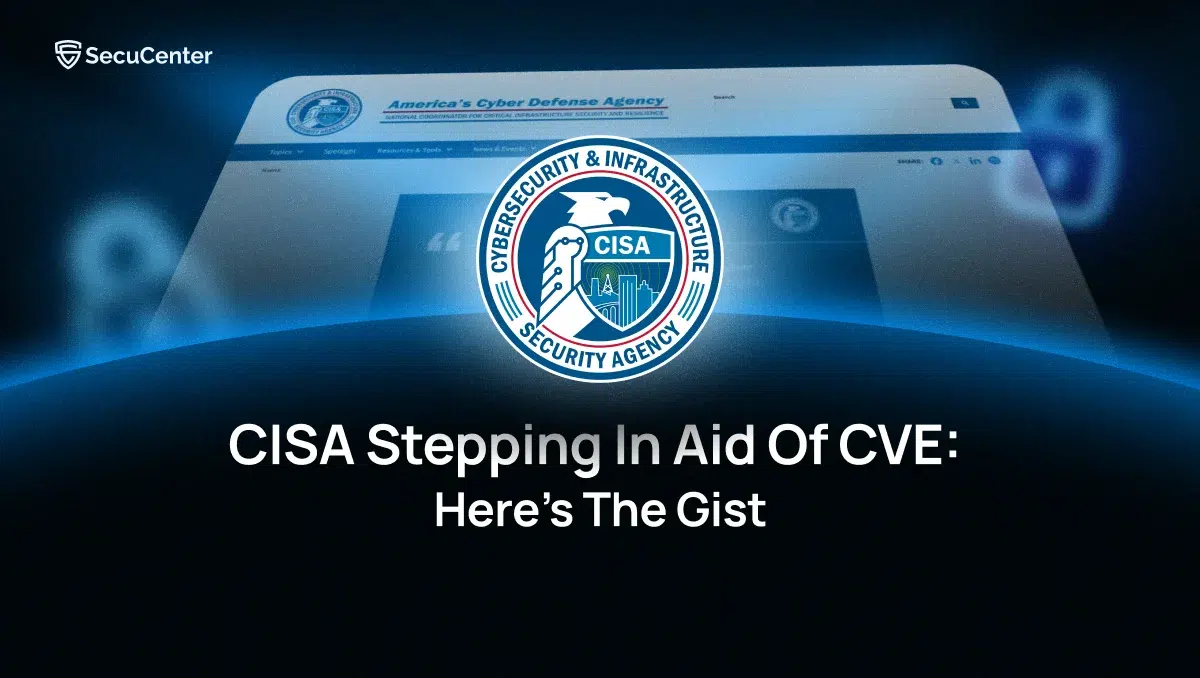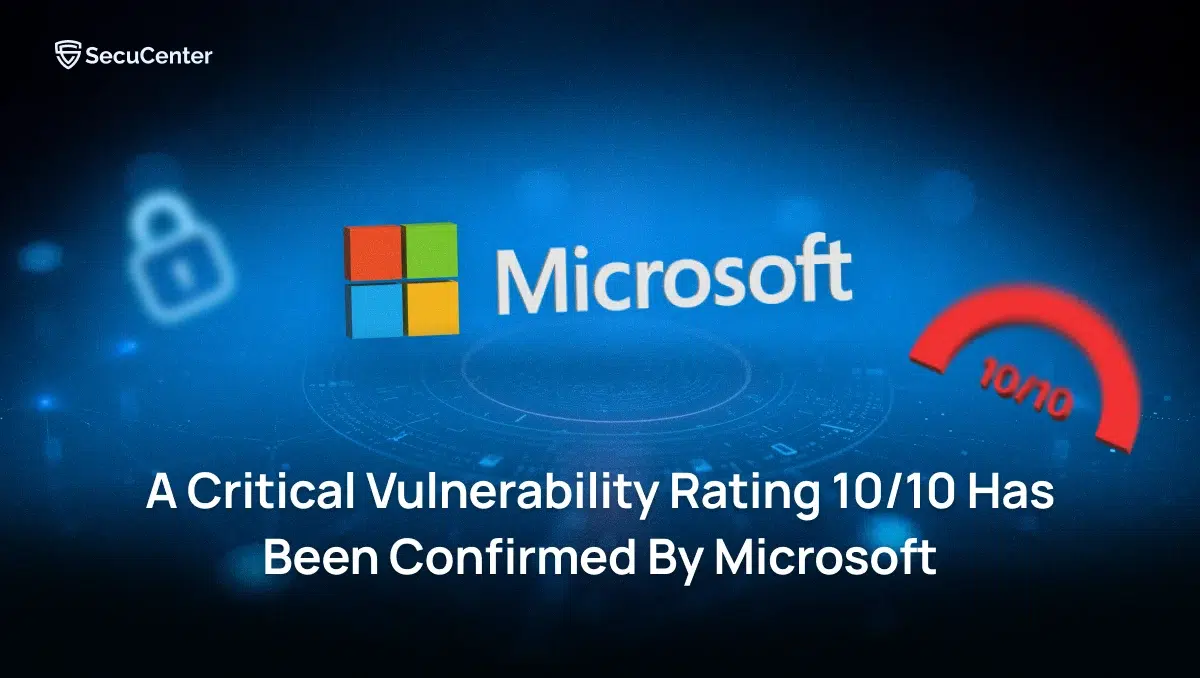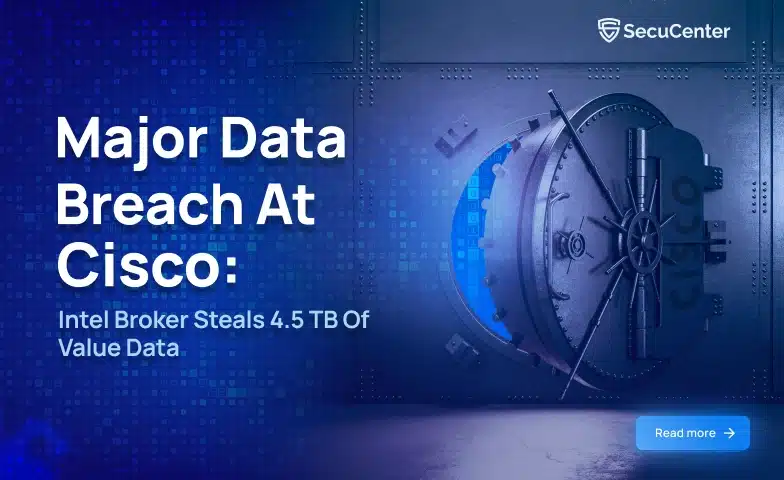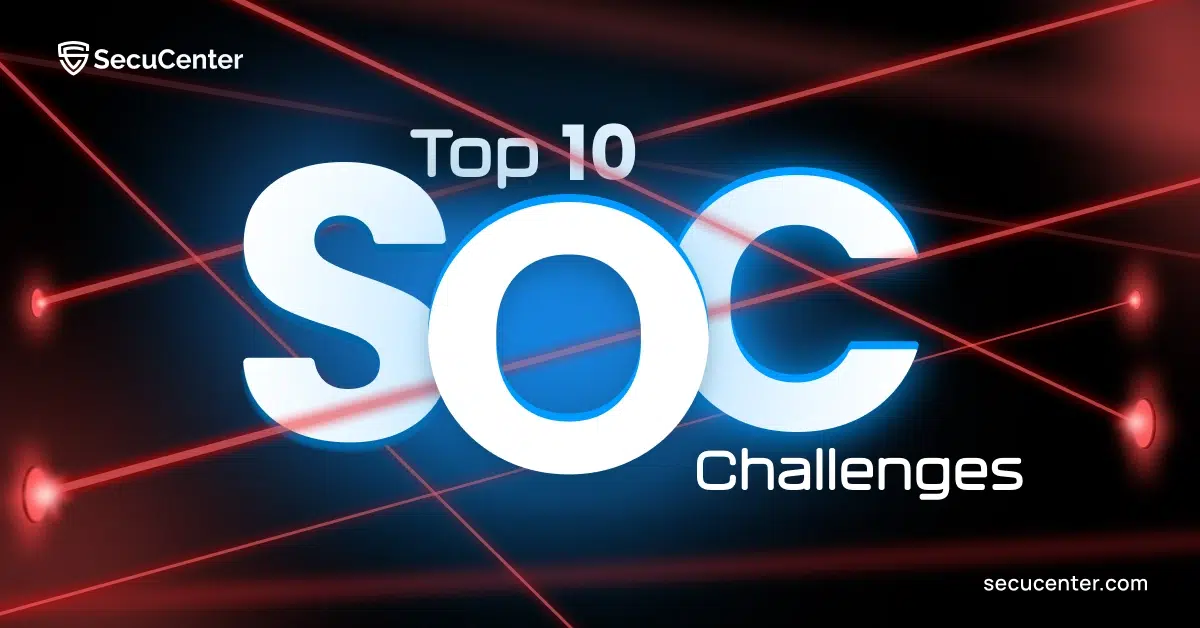Related Posts
CISA Stepping In Aid Of CVE Then is The Gist

The CISA has blazoned the continued civil backing for the CVE program, icing the ongoing operation of a system that’s essential for global vulnerability shadowing. This development came amidst a jacked position of concern within the cybersecurity assiduity, following reports that the current contract with The MITRE Corporation is listed to expire on April 16 without plans for renewal.
CVE, managed by MITRE, serves as an encylopedia with standardized IDs for given security excrescencies and support tools used by merchandisers, experimenters, and SOCs worldwide. MITRE has been entering backing from the Department of Homeland Security’s National Cybersecurity Division. CVE supports multitudinous security tools, fabrics, and protocols.
The urgency around backing was amplified by MITRE Vice President Yosry Barsoum, who intimately advised that a lapse in fiscal support would disrupt not only the CVE program but also the Common Weakness Recitation( CWE) action. Barsoum states that such a dislocation could affect vulnerability databases, software seller collaboration, automated discovery tools, and indeed public critical structure defense systems. The warning emphasized the critical significance of foundational systems in the overall cybersecurity ecosystem.
In a visionary response to the adding concern around centralized backing, members of the CVE Board lately blazoned the conformation of the CVE Foundation, a nonprofit reality created to insure the program’s long- term sustainability and global impartiality. The foundation, which has been in development for over a time, aims to reduce dependence on any single government guarantor by transitioning CVE to a more community- driven governance model.
A statement from the founding group stressed the growing apprehension within the cybersecurity community regarding the future of such a pivotal system being reliant on a single point of backing. The program aims to enhance translucency, promote participated responsibility, and acclimatize flexibly as it evolves to address arising global challenges.
Meanwhile, other transnational players are taking way to make resemblant systems that support global cyber adaptability. The European Union Agency for Cybersecurity( ENISA) has launched the European Vulnerability Database( EUVD), a cooperative platform that summations vulnerability data from a range of public sources. This reflects a broader trend toward distributed, multi-stakeholder approaches to cybersecurity structure.
As the global security terrain becomes decreasingly complex and distributed, security operations centers must be equipped to reuse, prioritize, and act on vulnerability data with speed and perfection. This is where Secucenter delivers real value through their moxie. Secucenter’s advanced SOC capabilities enable real- time sapience, contextual trouble discovery, and nippy response, helping associations transfigure critical vulnerability data into decisive action


